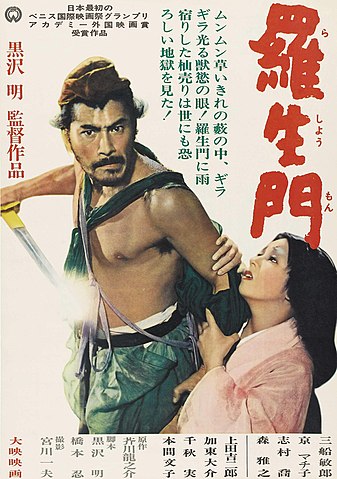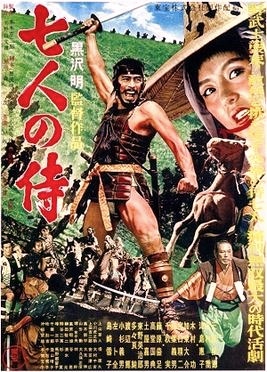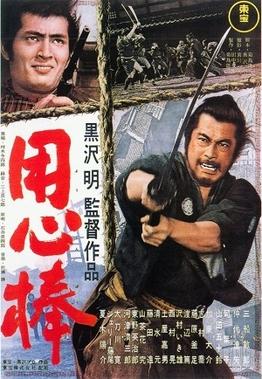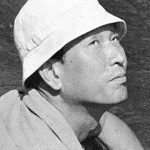Kurosawa, Akira
Japanese filmmaker and painter who directed 30 films in a career spanning 57 years. He is regarded as one of the most important and influential film-makers in the history of cinema.
He made his debut as a director during World War II with the popular action film Sanshiro Sugata (a.k.a. Judo Saga). After the war, the critically acclaimed Drunken Angel (1948)
Rashomon, which premiered in Tokyo, became the surprise winner of the Golden Lion at the 1951 Venice Film Festival. The commercial and critical success of that film opened up Western film markets for the first time to the products of the Japanese film industry, which in turn led to international recognition for other Japanese film-makers.
Kurosawa directed approximately one film per year throughout the 1950s and early 1960s, including a number of highly regarded (and often adapted) films, such as Ikiru (1952), Seven Samurai (1954) and Yojimbo (1961). After the 1960s he became much less prolific; even so, his later work—including his final two epics, Kagemusha (1980) and Ran (1985)—continued to receive great acclaim, though more often abroad than in Japan.



